.
.
photo by Michiel Hendryckx via Wikimedia Commons
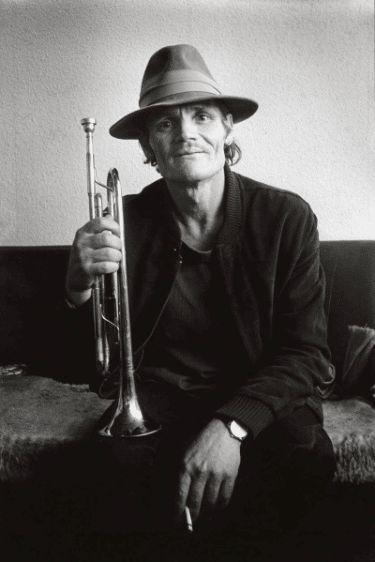
Chet Baker; Belgium, 1983
.
.
Blame It On My Youth
You listen to Karrin Allyson sing “Blame It on My Youth,” you picture her in the throes of its May-December scenario. You picture her on a college campus. Columbia University, the steps in front of Low, a pleated skirt, a short bob, the full flush of love on her cheeks. The million dollar smile, her eyes lasers. Guileless. She’s twenty-one, twenty-three. She can barely listen when she’s in lecture. She can barely concentrate when she conducts research. She’s free of her boyfriend, finally, broken up now almost a year. The boy, she thinks of him—when she thinks of him. She’s read Rilke, Neruda. Sometimes she walks around Manhattan alone. New blocks, strange neighborhoods. She floats on phrases from a clarinet. She’s a flaneur, or flaneuse—a passante, the word her lover gave her. You picture the lover. A professor, maybe. Brazilian, or Welsh. He’s translated Fernando Pessoa, modernized Chaucer. He’s running along the promenade of Riverside Park, good pace, but careful—he’s at that age where he’s watching the knees. She rushes to meet him at the end of his run. He’s coming up from the park and she’s on the steps outside his building. She lights up—she knows he can see that. He loves that he has that effect, and she loves that it shows. They’ve been together, whatever together means, eight, maybe ten weeks. She wants keys but he’s misplaced the second set, something. The doorman lets them in, holds the door, stares after them. They throw a wake, a current, and onlookers rock like boats on moorings. They feel the doorman’s eyes, his judgment and his admiration. Even in the elevator they feel it. She’s electrified by his passion, his tongue, his hands. On into the shower, their clothes scattered everywhere. Helen Merrill on the radio, Chet Baker. Deep in a dream of you … And the things she’s doing with him, the things she lets him do, wants him to do. She’s outside herself, she’s in something that poets write about, vocalists sing about. She’s cliché, and she loves it. She doesn’t believe in sin, but it feels so sinful, what he gets her to do, the way people look at them, their envy. They admire him. He’s mentoring her, or is it the other way around? The way it feels sometimes when she directs. And then—he’s gone. His fellowship ends, his wife pleads with him to return …. His wife. And her life as she knew it is over. It’s wrecked, upended, beached. She’s on sidewalks, staring. She walks past old friends. She doesn’t recognize them, they almost don’t recognize her, the transformation, ten years in ten days. She feels foolish, humiliated. Young. She takes up smoking, drinking. She fails to finish her degree. The following years are unabated misery. All of that, you hear, you feel, in the Karrin Allyson performance. Charlie Parker said if you haven’t lived it, it can’t come out of your horn. She knows it, inhabits it. And that’s what comes out of her horn, her experience of devastation. You’d love to tell her that some night, at a club, maybe, or a gallery opening. You’ve seen her. You’ve seen Karrin Allyson on sidewalks, in the grocery store, getting into taxis. What would it be like, you wonder, to actually meet her? Talk with her? A dinner party—you know some of the same people, the hostess seats you at her side. The idea makes you shudder. Her knowingness, its sharp edges. The wisdom that grows out of scars. She’d spot you in a second, you think. One look, she’d know. You, she’d say, you’re like the shit in the song. The heel. A regular Romeo. How many did you lead along, you prick. You little prick. The drink in your face, your discreet exit, the chardonnay on your collar. Phone calls the next day. No, it’s OK, you tell the hostess. She’s bitter, she was drunk. Who knows what crazy shit she imagined, you tell her. Blame it on her age.
.
.
___
.
.
photo by Bob Lascaro

Tim Tomlinson is the author of the chapbook Yolanda: An Oral History in Verse, the poetry collection, Requiem for the Tree Fort I Set on Fire, and the short story collection, This Is Not Happening to You. Recent work appears in the Big City Lit, Columbia Journal, Litro, and the anthology, Surviving Suicide: A Collection of Poems that May Save a Life. He is the director of New York Writers Workshop, and co-author of its popular text, The Portable MFA in Creative Writing. He teaches writing in NYU’s Global Liberal Studies.
.
.
Listen to the 1995 recording of Karrin Allyson singing “Blame It On My Youth”
.
.
___
.
.
Click here for information about how to submit your poetry
Click here to subscribe to the quarterly Jerry Jazz Musician newsletter
.
.
.







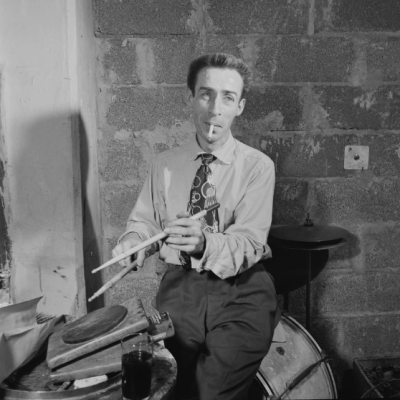

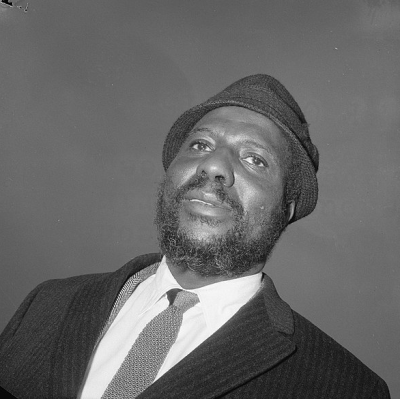
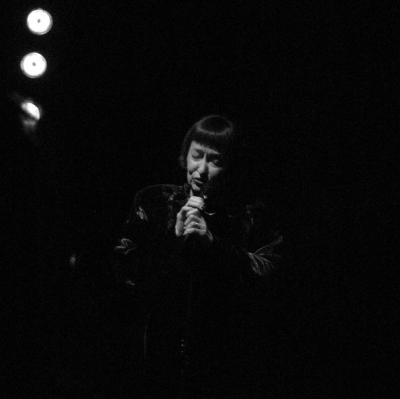




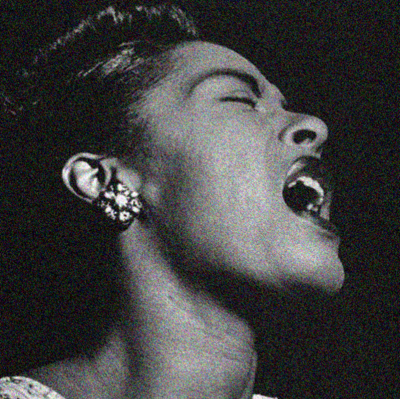

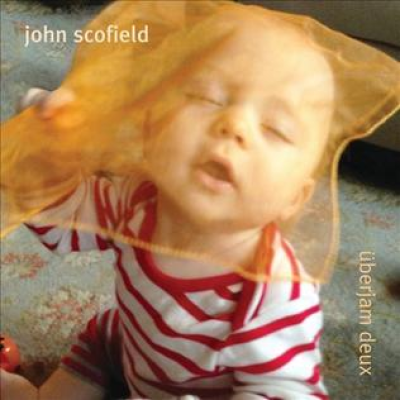




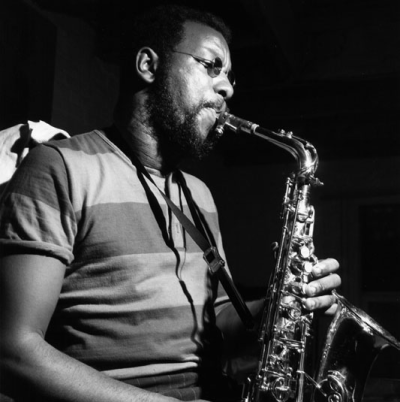

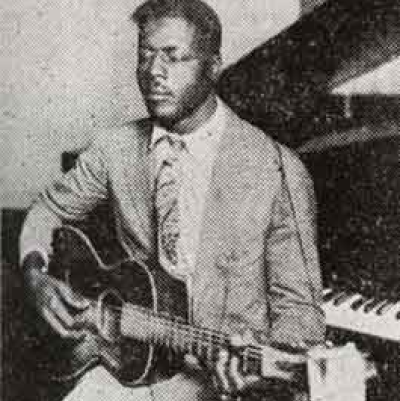




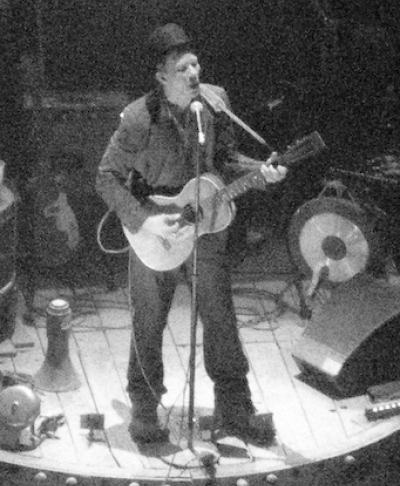










“Blame It on My Youth” is a brilliant, insightful, heart-rending, very moving poem. It is superlative work.
Also, the recording by Karrin Allyson is remarkable.
Hi Tim,
It’s me again. Coming across your writing in all the most unexpected places. I just submitted a piece and was scrolling the site and there was your name. The pacing, the rhythm of your writing, the fearlessness…that’s you, again.
Thanks for writing.
Still dancing,
Alice